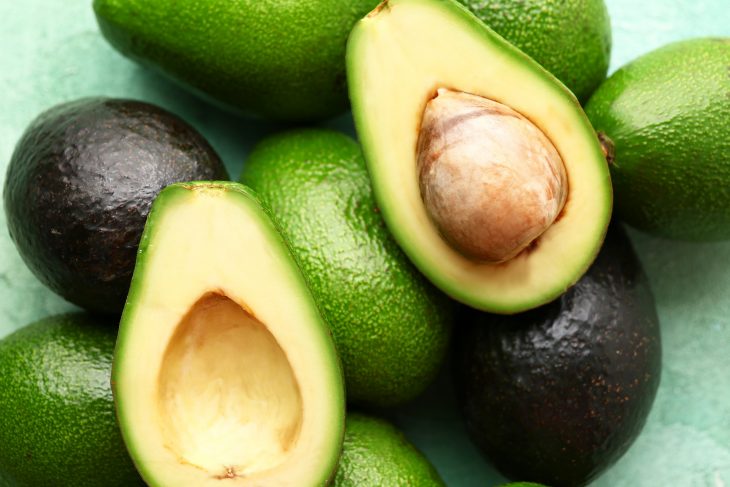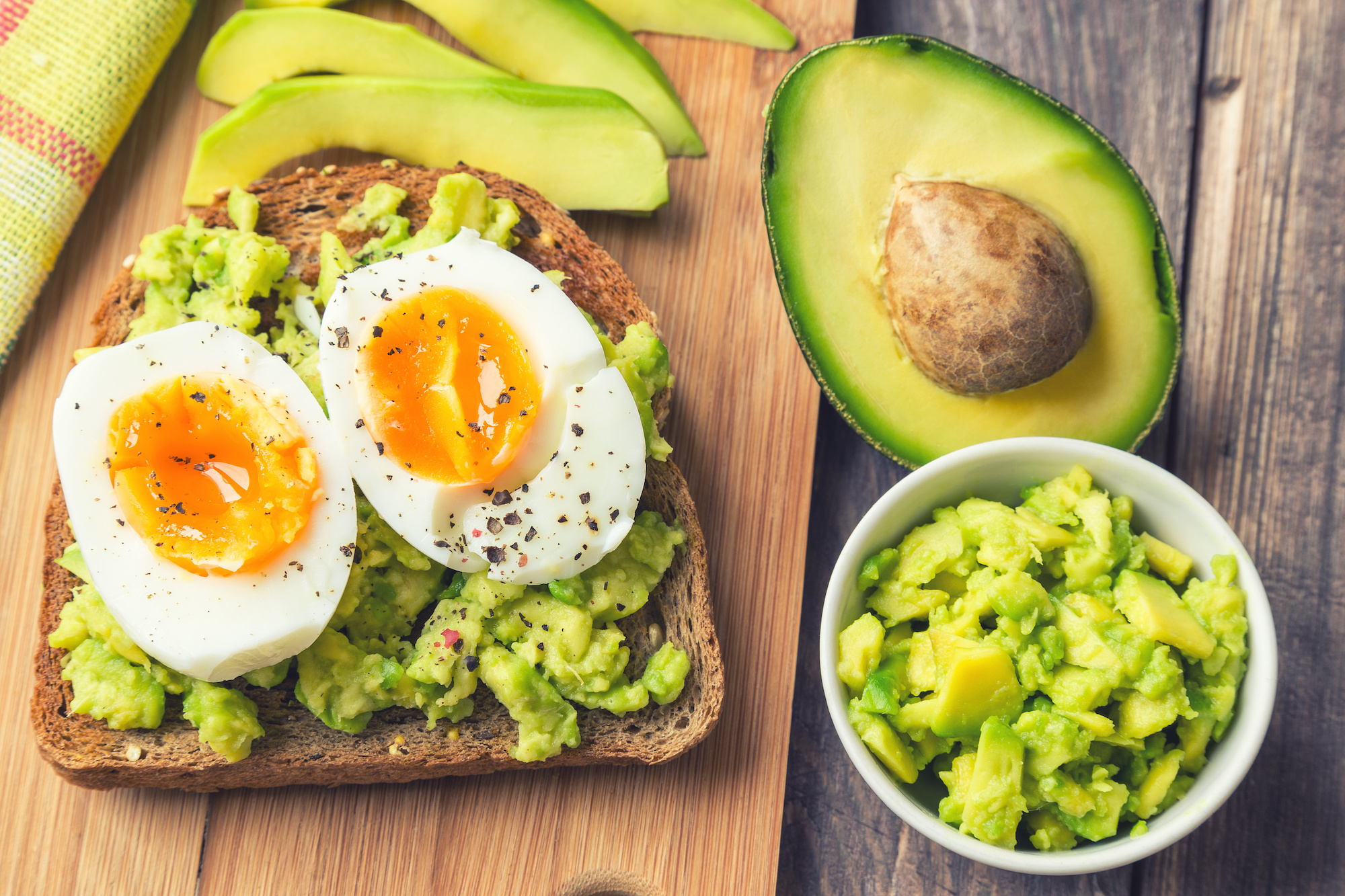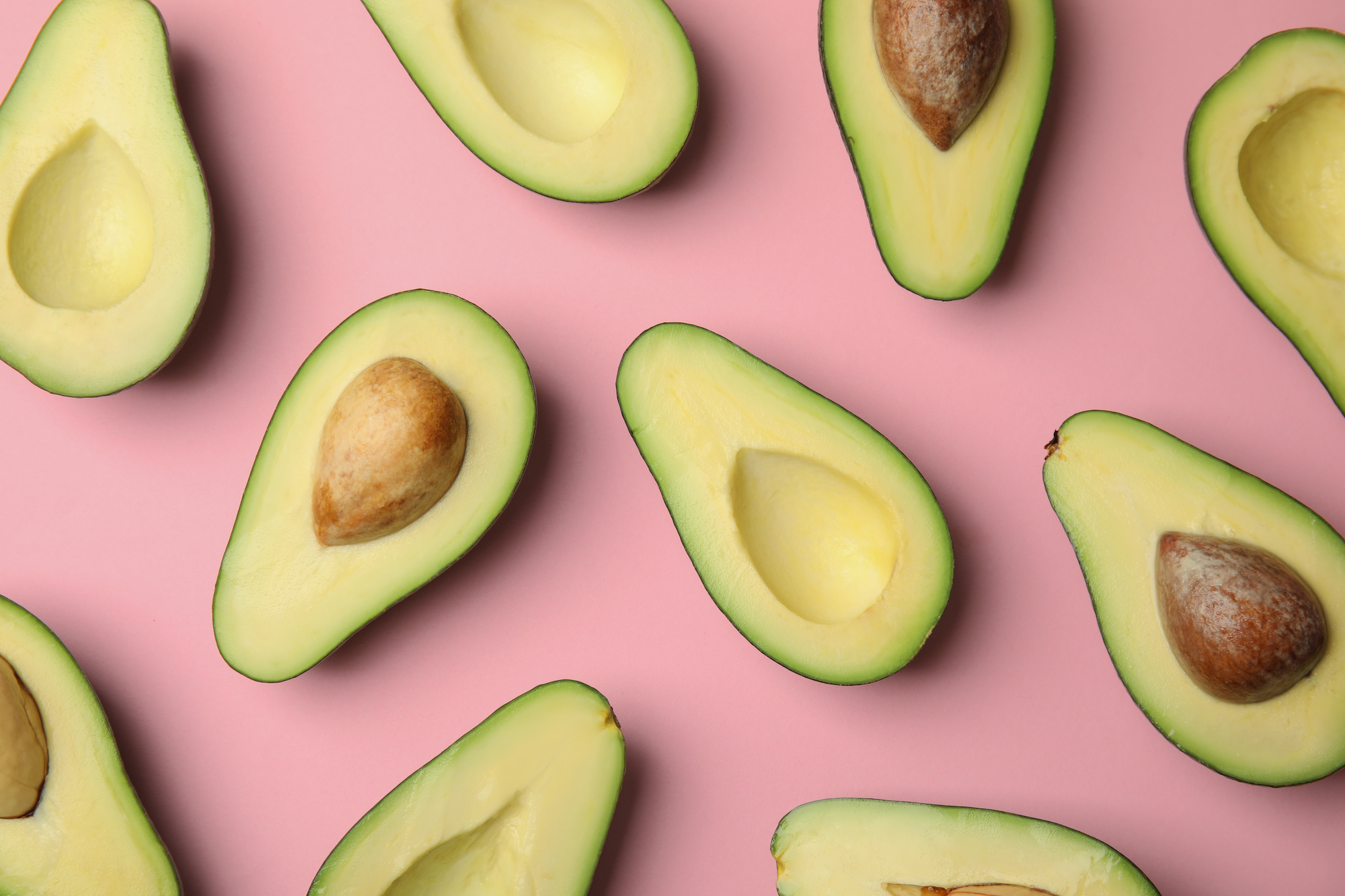
Avocados, often referred to as “superfood,” have gained immense popularity in recent years. Their rich, creamy texture and unique flavor make them a favorite addition to many dishes. But beyond their taste, avocados are packed with a wealth of nutritional benefits. Here are 40 intriguing avocado nutrition facts that will make you appreciate this fruit even more.
Avocados: The Nutrient Powerhouse
Avocados are a nutrient-dense food, meaning they provide substantial amounts of vitamins, minerals, and other nutrients with relatively few calories. They are an excellent source of healthy monounsaturated fats, fiber, and several essential vitamins and minerals.
Avocados and Heart Health
Avocados are rich in monounsaturated fats, which are heart-healthy fats. They can help lower bad cholesterol levels, reduce the risk of heart disease, and provide essential nutrients that are vital for heart function.
Avocados: The Fiber-Rich Fruit
One avocado provides about 13 grams of dietary fiber, which is nearly half of the daily recommended intake. Fiber is essential for maintaining a healthy digestive system and can help prevent constipation.
Avocados and Eye Health
Avocados are high in antioxidants, including lutein and zeaxanthin, which are incredibly important for eye health. These nutrients can reduce the risk of macular degeneration and cataracts.
Avocados: The Potassium-Rich Fruit
Avocados are higher in potassium than bananas. Potassium is a crucial mineral that most people don’t get enough of. It helps maintain electrical gradients in the body’s cells and serves various important functions.
Avocados and Bone Health
Avocados contain a good amount of vitamin K, which is often overlooked but is essential for bone health. Vitamin K improves calcium absorption and reduces urinary excretion of calcium, meaning more of the calcium you eat is used to keep your bones strong.
Avocados: The Vitamin E Source
Avocados are an excellent source of vitamin E, a powerful antioxidant that helps protect body cells from damage. Vitamin E also supports immune function and helps widen blood vessels to prevent blood clots.
Avocados and Weight Management
The fiber in avocados can help you feel full and satisfied, which can help manage your weight. Additionally, avocados are low in carbohydrates, which are the main culprits for weight gain.
Avocados: The Anti-Inflammatory Fruit
The monounsaturated fats in avocados have anti-inflammatory properties, which can help reduce inflammation in the body. Chronic inflammation is believed to be among the leading drivers of many serious diseases, including heart disease, cancer, and many other health conditions.
Avocados and Skin Health
The healthy fats and vitamins in avocados can help nourish your skin and promote a healthy complexion. They can also help protect your skin from damage that can lead to signs of aging.

Avocados: The Digestion Booster
The fiber content in avocados not only helps prevent constipation but also helps maintain a healthy digestive tract and improves digestion overall.
Avocados and Blood Sugar Levels
Despite their creamy texture, avocados are low in carbs, which means they can help maintain steady blood sugar levels. This makes them a good food choice for people with diabetes.
Avocados: The Mood Enhancer
Avocados are a good source of folate, a B vitamin that can help regulate mood by controlling substances in the body that can trigger the brain to produce mood-regulating neurotransmitters like serotonin and dopamine.
Avocados and Pregnancy
Avocados are a great food for pregnant women. They are rich in folate, which is essential for the healthy development of the fetus during early pregnancy. They also provide healthy fats that support brain development and growth in the womb.
Avocados: The Cancer-Fighting Fruit
Avocados contain antioxidants like glutathione, which are known to help protect cells from cancerous changes. Some studies have even suggested that certain compounds in avocados may help reduce the risk of certain types of cancer.
Avocados and Absorption of Nutrients
One of the fascinating avocado nutrition facts is that eating avocados can help your body absorb more nutrients from other plant foods. This is because some vitamins and antioxidants are fat-soluble, meaning they need to be combined with fat in order to be utilized.
Avocados: The Protein-Packed Fruit
Avocados are among the fruits with the highest protein content. This makes them a valuable food choice for vegetarians and vegans who need to ensure they get enough protein in their diets.
Avocados and Liver Health
The healthy fats and antioxidants in avocados can help protect your liver from damage. They can help reduce inflammation in the liver and promote liver health.
Avocados: The Vitamin C Source
Avocados are a good source of vitamin C, an essential nutrient that helps boost your immune system, protect your heart, and maintain healthy skin.
Avocados and Blood Pressure
The high potassium content in avocados can help regulate blood pressure levels. A diet rich in potassium helps balance out the negative effects of sodium and helps control blood pressure.

Avocados: The B-Vitamin Source
Avocados are a good source of B vitamins, which help the body fight off disease and infection. They also support cell health and are necessary for energy metabolism.
Avocados and Healthy Aging
The antioxidants in avocados can help protect your skin from wrinkles and other signs of aging. They can also help protect your eyes from age-related macular degeneration and cataracts.
Avocados: The Brain-Boosting Fruit
Avocados are rich in omega-3 fatty acids and natural vitamin E, which are both great for your brain. For instance, they can help improve memory and cognitive function.
Avocados and Kidney Health
The high potassium content in avocados can help balance the body’s minerals and fluids, which is crucial for normal kidney function.
Avocados: The Antioxidant-Rich Fruit
Avocados are rich in antioxidants, including carotenoids, vitamin E, and vitamin C. These antioxidants help protect your body against free radicals, which are harmful molecules that can cause damage to cells.
Avocados and Cholesterol Levels
Avocados are high in monounsaturated fats, which can help lower bad cholesterol levels and raise good cholesterol levels when eaten in moderation.
Avocados: The Satiety Booster
The high fiber and healthy fats in avocados can help you feel full and satisfied after meals, which can help prevent overeating.
Avocados and Muscle Growth
Avocados are a good source of protein, which is essential for muscle growth and repair. They also provide a good amount of potassium, which helps prevent muscle cramps.
Avocados: The Immunity Booster
Avocados are rich in vitamins C and E, both of which are key for a healthy immune system. They help protect your body from disease and help it recover from illness more quickly.
Avocados and Thyroid Health
Avocados are a good source of healthy fats, which are essential for proper thyroid function. They also provide antioxidants that can help protect the thyroid gland.

Avocados: The Energy Booster
Avocados are a good source of B vitamins, which are necessary for energy metabolism. They can help your body convert food into energy, keeping you energized throughout the day.
Avocados and Bone Health
Avocados are rich in vitamin K, folate, copper, and various other nutrients that are important for bone health. Eating avocados can support bone health and help prevent osteoporosis.
Avocados: The Healthy Fat Source
Avocados are one of the few fruits that provide a substantial amount of healthy monounsaturated fatty acids. These fats are known to be heart-healthy and are beneficial for overall health.
Avocados and Digestive Health
The high fiber content in avocados can help keep your digestive system healthy. It aids in digestion and helps prevent constipation.
Avocados: The Mood-Boosting Fruit
Avocados are a good source of folate, which plays a key role in regulating mood by helping to create dopamine and serotonin, the brain’s feel-good chemicals.
Avocados and Blood Clot Prevention
The vitamin K in avocados can help prevent blood clots by helping your blood clot properly. This can help prevent stroke and other serious health issues.
Avocados: The Nutrient-Dense Fruit
Avocados are incredibly nutrient-dense. They provide nearly 20 vitamins, minerals, and phytonutrients essential for healthy body function.
Avocados and Skin Health
The healthy fats and vitamins in avocados can help nourish your skin from the inside out, promoting smooth, healthy-looking skin.
Avocados: The Hair Health Promoter
The vitamins and minerals in avocados can help strengthen your hair and promote hair growth. They can also help keep your hair shiny and moisturized.
Avocados: The Versatile Fruit
Avocados are incredibly versatile. They can be used in a variety of dishes, from salads and sandwiches to smoothies and desserts. They can also be used in natural beauty treatments for skin and hair.
Conclusion
Avocados are more than just a tasty addition to your meals. They are a powerhouse of nutrients, providing numerous health benefits. From promoting heart health and supporting weight management to enhancing digestion and boosting mood, avocados truly deserve their superfood status. So, the next time you enjoy an avocado, remember all the amazing health benefits it’s providing!
Frequently Asked Questions (FAQs)
What nutrients are in avocados?
Avocados are packed with nutrients, including healthy monounsaturated fats, fiber, and several essential vitamins and minerals such as potassium, vitamin K, vitamin E, and vitamin C.
Are avocados good for weight management?
Yes, the fiber in avocados can help you feel full and satisfied, which can help manage your weight. Additionally, avocados are low in carbohydrates, which are the main culprits for weight gain.
How do avocados benefit heart health?
Avocados are rich in monounsaturated fats, which are heart-healthy fats. They can help lower bad cholesterol levels, reduce the risk of heart disease, and provide essential nutrients that are vital for heart function.
Can avocados improve digestion?
Yes, the high fiber content in avocados not only helps prevent constipation but also helps maintain a healthy digestive tract and improves digestion overall.
Are avocados beneficial for skin and hair?
Yes, the healthy fats and vitamins in avocados can help nourish your skin from the inside out, promoting smooth, healthy-looking skin. They also help strengthen your hair and promote hair growth.
Was this page helpful?
Our commitment to delivering trustworthy and engaging content is at the heart of what we do. Each fact on our site is contributed by real users like you, bringing a wealth of diverse insights and information. To ensure the highest standards of accuracy and reliability, our dedicated editors meticulously review each submission. This process guarantees that the facts we share are not only fascinating but also credible. Trust in our commitment to quality and authenticity as you explore and learn with us.
